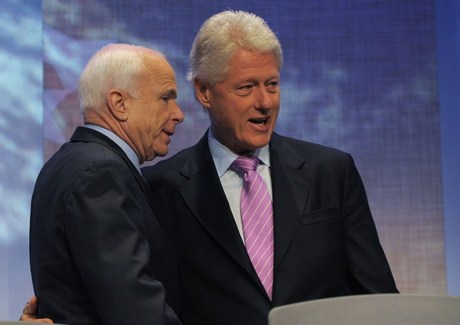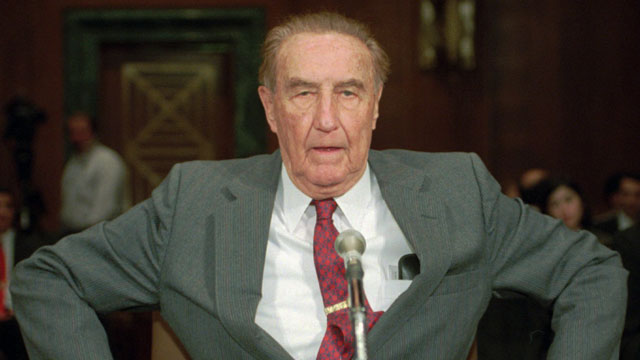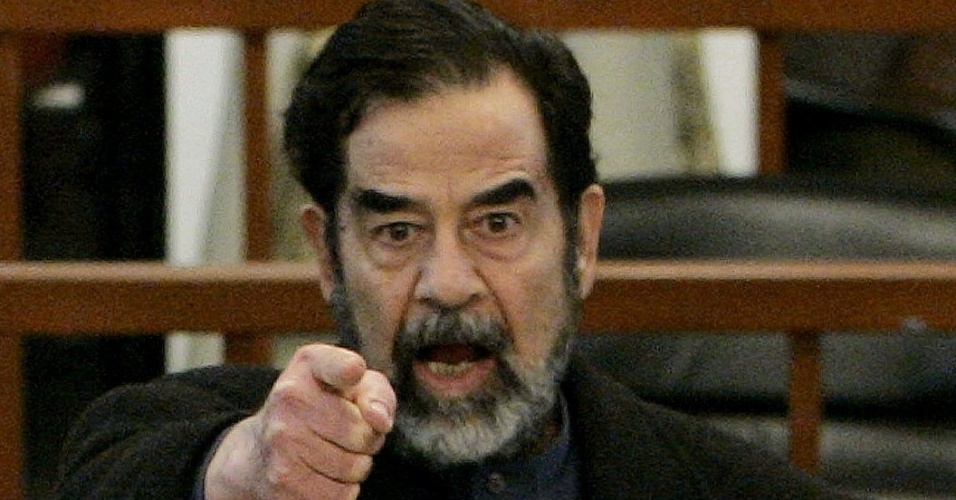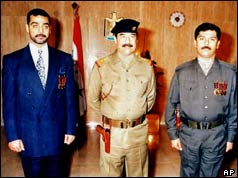A New War
A New War
The first weeks of the Commission in Iraq were strangely calm. Most of the people saw with disbelief, and even anger, those Americans ruling their country. Commission President Senator Thurmond spent most of his time in the United States, while Bill Clinton and John McCain dealt with the great problems of running an enemy country.

But as both struggled to improve the situation, President Donald Trump did not give up his idea of expanding the war. He had already announced that his goal was to advance over Iran, and he had promised Shamir to liquidate the Palestinian state and Arafat. And Trump imagined the immense popularity that would have brought down Mubarak, Gadaffi and Al-Assad.
And when the President had a wish, he fulfilled it. Trump invited Senator Thurmond to the White House and in a long meeting, he commissioned a report on the situation in Iraq. Without consulting the members of the Commission who were actually living with the situation, Thurmond wrote the report that Trump wanted, informing all members of Congress that the population was agitated and planning an attack on American troops. He also wrote that the information indicated that other Muslim dictators would be funding the riots.

The next day, Donald Trump sent Congress a declaration of war against Iran. The measure was passed by a minuscule margin. That night the President spoke to the nation.
"My beloved Americans! Our desire for democracy is too great to be sated! The damned Muslims can not see one of their countries becoming a democracy! Iran and its cruel dictator have fought for years against Saddam Hussein, but now they prefer to side with him than to live with a democracy on their border! This is War! And this war will not end in Iran! Today I promise you, no goddamn Muslim will reign in the Arab world! "
In another continent, in an underground room, Saddam Hussein was informed about the pronouncement of Donald Trump. The former dictator was hiding and planned to hide for years, until the day when the winds indicate his return to power. But his former tormentor could now become his benefactor.
"-Donald Trump, you just did the impossible! You brought us together!”



